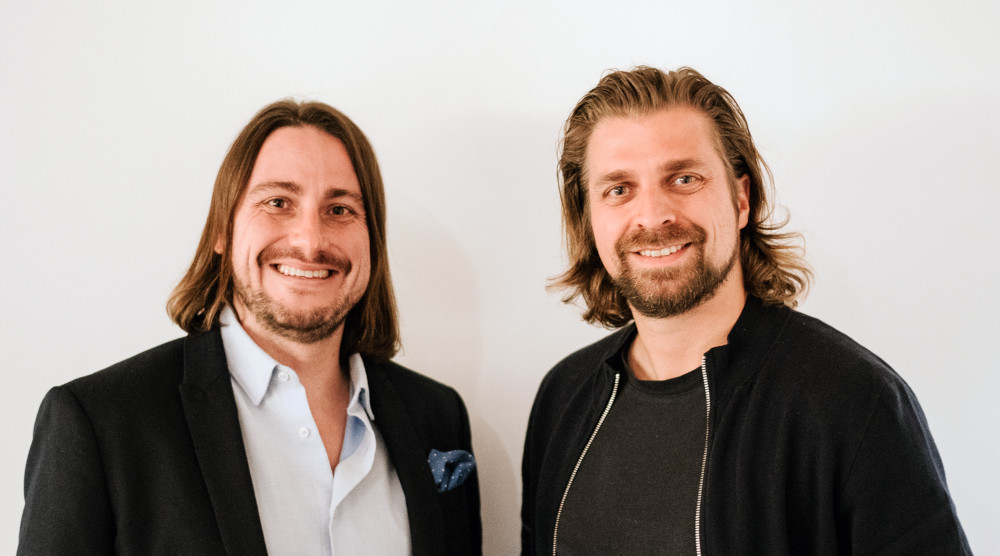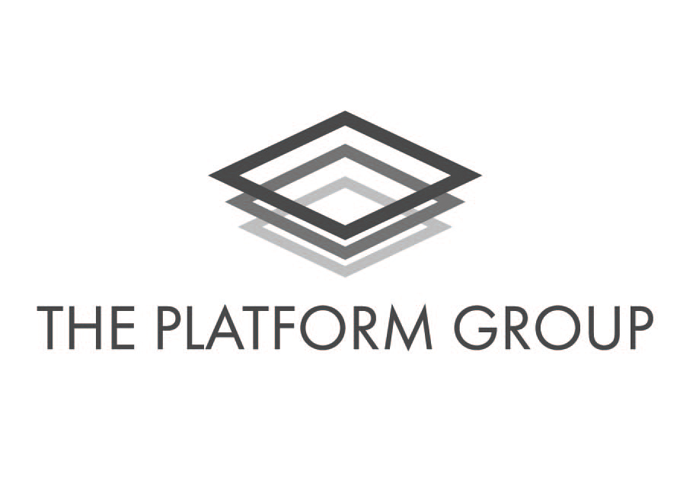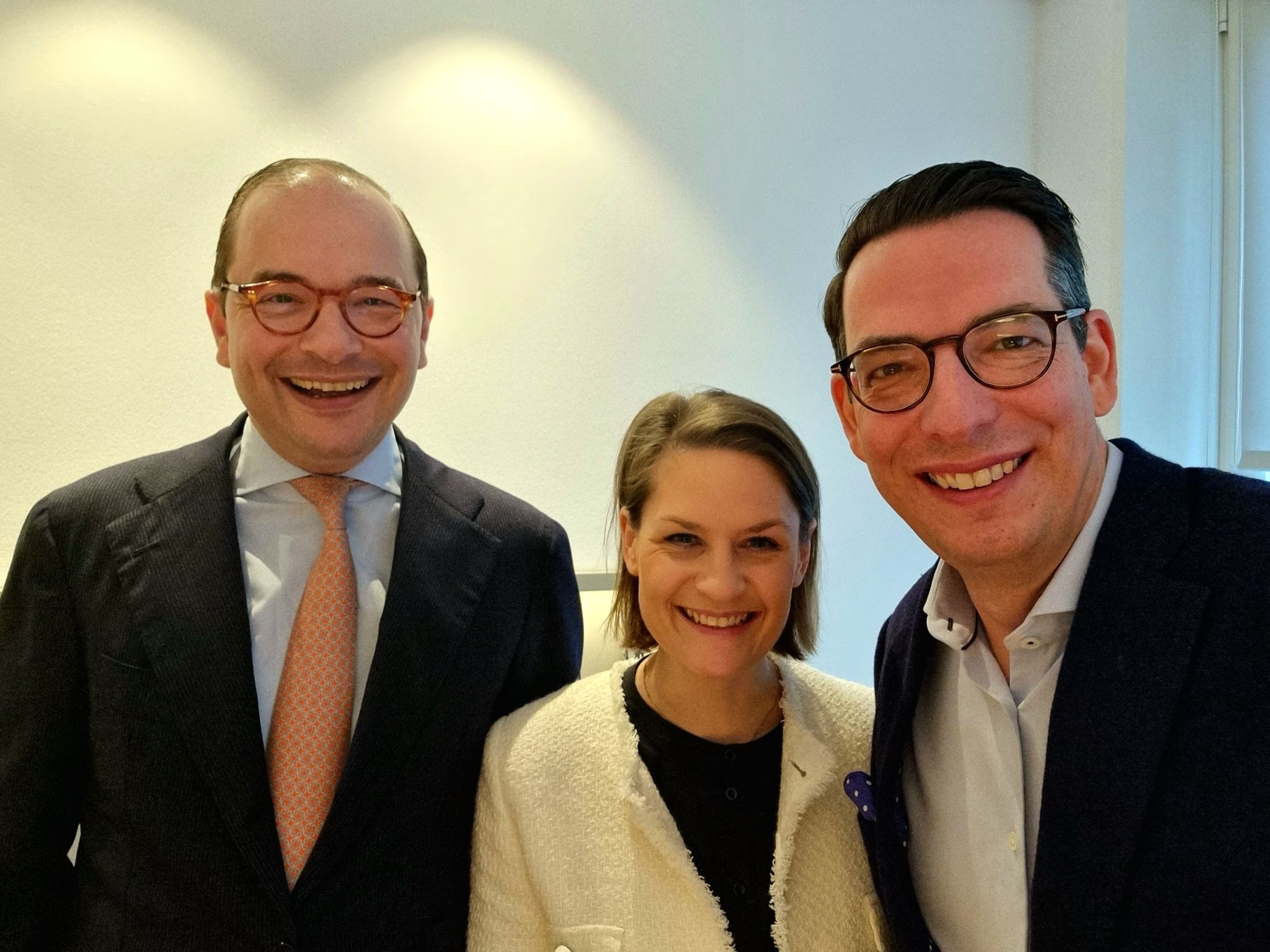Kaiserslautern, 17/05/2022
From the trader’s point of view, maximising profit margins and customer satisfaction are at the forefront of the buying and selling process in the used machinery trade. Sellers and buyers expect professional handling and best prices.
Second-hand machinery dealers have an interface function here in the connection between the seller, the second-hand machine and the buyer. Transaction management creates value for all parties involved. The seller receives new liquidity, the buyer new production capacity and the trader benefits from a positive trading margin. What creates a win-win situation for the companies involved applies equally to the CO2 balance. A new perspective on the used machinery trade that mostly goes unnoticed.
As the manufacturing process of a new machine generates significant CO2 emissions, the decision to buy a second-hand machine ensures that new CO2 emissions are avoided. In this way, a positive contribution to the climate balance is made when the life cycle of a used machine is extended through resale.
Since its foundation in 2016, the used machinery dealer GINDUMAC has been analysing the life cycles of the machines it sells. “The life cycles in metal, sheet metal and plastics processing are very different. It depends a lot on the machine park concept, application depth and manufacturer,” says Benedikt Ruf, Managing Director of GINDUMAC GmbH.
“Our experience nevertheless shows a tendency for used machines in metal cutting and sheet metal forming to change hands around three to four times on average. In plastic injection moulding, we see that machines are usually used by around two to three different companies before they are scrapped,” says Ruf.
The extended life cycle and the cross-border sale of used machines demonstrate the positive impact chain for the carbon footprint. This usually starts with manufacturing companies, which must always be at the highest technological level and consequently regularly renew their machinery.
In practice, for example, metal processor A from Germany decides to sell a 5-year-old machining centre because he can manufacture more technologically sophisticated, productive and energy efficient with a new machine. He can sell his second-hand machine to metal processor B from Poland via a dealer. Metal processor B from Poland needs a significantly lower technology level in his machinery than metal processor A from Germany. With the purchase of the used machining centre, he can rejuvenate his machine park and also set up his production in a more energy-efficient and productive way. When the second-hand machine is delivered, metal processor B from Poland sells his 10-year-old machining centre via a dealer to metal processor C from the Czech Republic, who is currently planning to expand his production and can ideally do this with a second-hand machine.
In sum, cross-border trade in this example creates a positive energy balance. Instead of three new machines, only one new machine is needed. CO2 emissions are reduced to one third of the production output that would normally have been necessary. At the same time, production at metal processor A and B is more energy-efficient. Metal processor C expands its production in a climate-neutral way.
With this positive impact circle, the initial CO2 emissions of a new machine production can be distributed among the different machine owners in the life cycle of the machine. The side effect of selling second-hand machinery is the avoidance of new CO2 emissions. Put simply, the longer the machine is in use, the more positive the CO2 balance. The used machinery trade thus indirectly becomes a climate protection driver.
At GINDUMAC, in addition to high customer satisfaction and professional transaction management, the topic of “Circular Economy” is also an important guiding principle of the corporate mission.
“In used machinery trading, what counts are quality machines, the best possible prices for sellers and buyers, and smooth processing. This is also the core of our business model and the primary interest of our customers. Nevertheless, we also see an overriding perspective that equally drives us to make a positive contribution to the circular economy and indirectly to climate protection every month,” comments Janek Andre, CEO of GINDUMAC GmbH.
about GINDUMAC
GINDUMAC operates an online platform for the global used machinery trade. For sellers and buyers of used industrial machinery, GINDUMAC offers complete transaction processing with an all-round carefree package. GINDUMAC focuses on the back-to-back business of used metal, sheet metal and plastics processing machinery. The product range includes machine tools, sheet metal working machines and injection moulding machines from various international manufacturers.
more information on www.gindumac.com.

